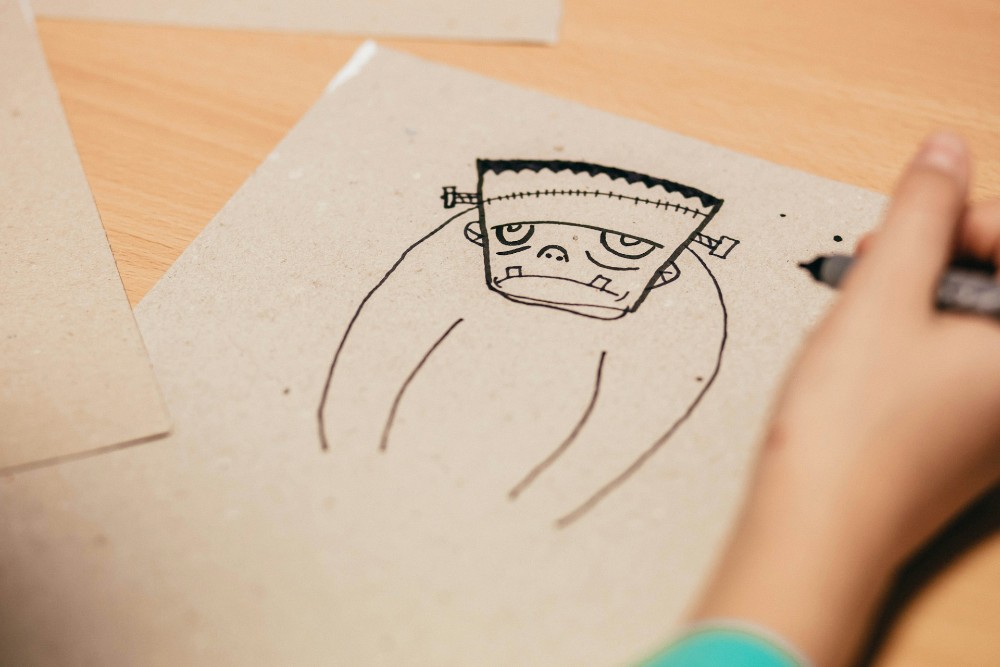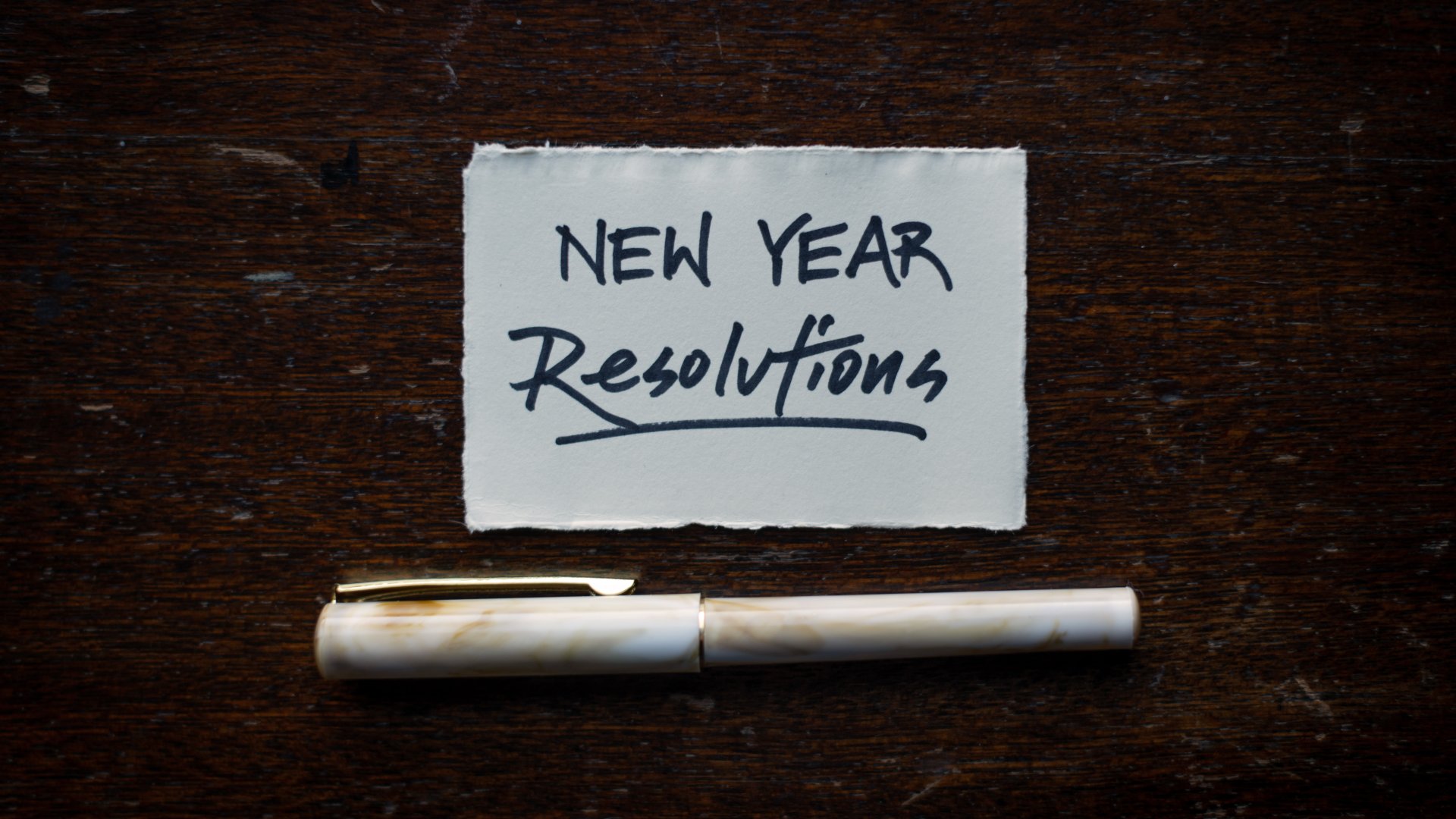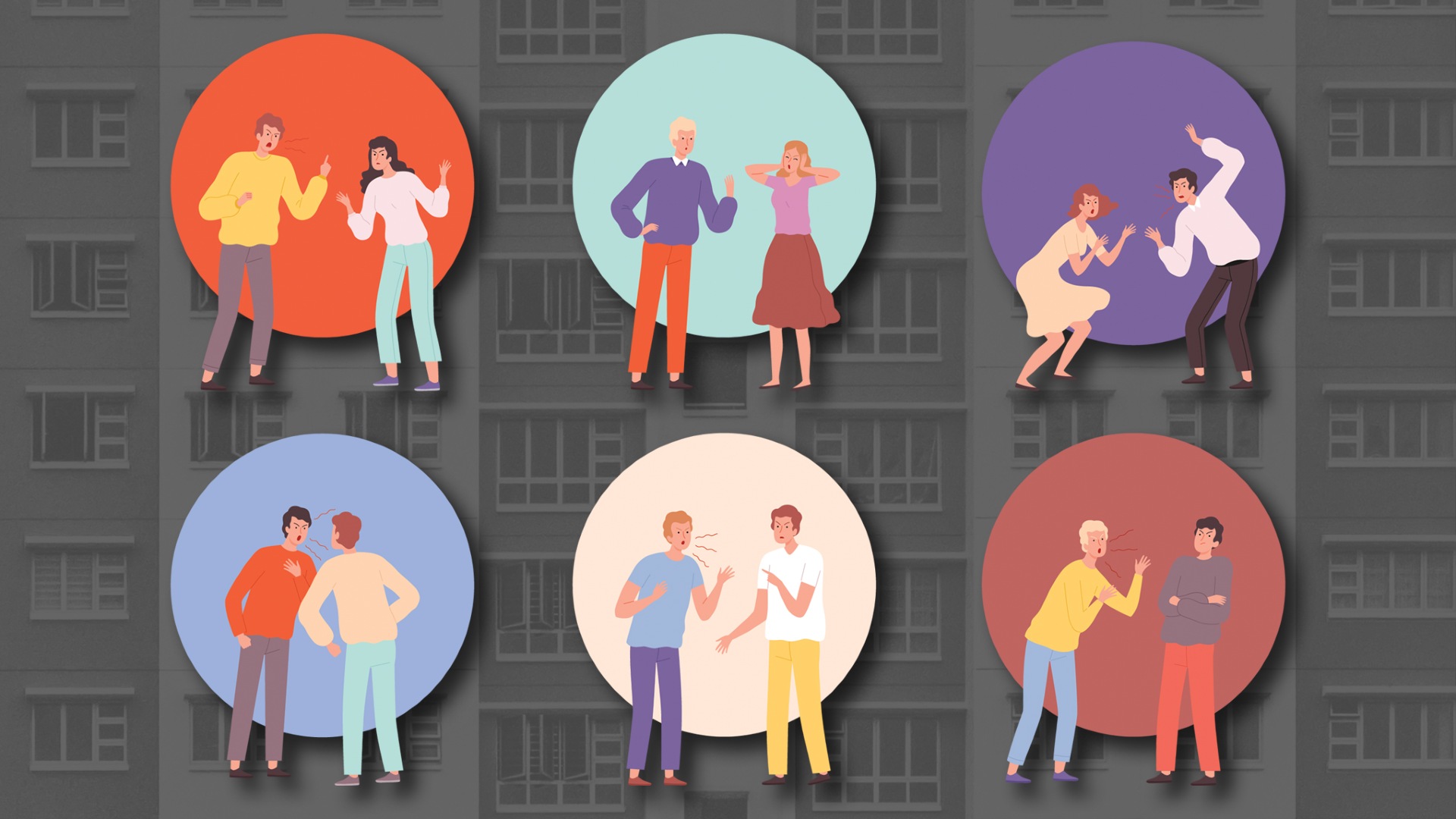A Practical Approach To Managing Depression, From A Long-Time Sufferer
Happy World Mental Health Day (10 October)! At least, as happy as you can be if you’re depressed. That’s a lot of us, actually – a 2023 Ipsos survey showed that 20% of Singaporeans experience depression regularly, and one in 10 has considered self-harm. Nearly half of Singaporeans, in fact, consider mental health to be the country’s biggest health problem, over and above cancer (38%) and stress (35%).
I’ve been a longstanding member of that club. I’ve suffered from depression since I was a teenager (I’m in my 40s now), which led to an episode of self-harm that I’m not proud of. Depression has dogged me throughout my career, too – I’m ashamed to say there have been MANY days where I’ve cancelled appointments because I can’t bring myself to go out. And I’m terrible at networking and staying in touch with people because, well, I’d just rather not talk to anyone.
Over time, though, I’ve learned to cope with my mental state (i.e. survive the day-to-day and not get fired) by overcompensating on the effort put in my work, down to the tiniest detail. I’ve even discovered how to harness it, and now I honestly believe that at low levels, depression can be a great ego check and a motivator to do better work.
If you’re struggling with depression too, I’m here to tell you you’re not alone. It’s true that depression is something that is difficult to get treated for, especially here in Singapore where therapy isn’t part of our mainstream culture, and medication can be expensive. If those avenues aren’t open to you, you can try taking a practical approach to managing it, as I have. These are a few things I’ve learned from experience along the years that can hopefully go some way to helping you feel better and keep things afloat.
1. Focus on one thing at a time
One of the worst things you can do during a depressive episode is to think about all the things that you have to do – and that you can’t bring yourself to do – because you’re in a black hole. That’s just going to lead to you feeling overwhelmed, which can be a very dangerous thing when you’re down.
If your thoughts are starting to spiral, take a deep breath and focus on the next small step that will get you moving on your day, for example going to brush your teeth. When that’s done, try the next small step, and so on.
These seemingly tiny accomplishments will chip away at what you have to do and gradually help you feel better as you make progress.

IMAGE: PEXELS
2. Treat yourself like a plant
Give yourself plenty of water and sunlight every day, even if it’s just by sitting next to your window.
H2O keeps you hydrated (which you might especially need after fits of tears), while exposure to sunlight helps increase the brain’s production of serotonin, a mood booster that keeps you calm and focused.
Research also shows that UV rays can drive melanocytes – the cells that produce skin pigment – to release endorphins, a feel-good chemical.
I’ve found that getting out in nature is wonderful medicine, too – there’s nothing like enjoying a view of trees, mountains, water or wildlife to help you feel more connected with the world.
3. Look before you leap into medication
Medical professionals are still debating the efficacy of antidepressants, and to be honest, it’s a big step to take because once you’re on them, it’s for the long term.
Studies show that the benefit of the antidepressant depends on how severe your depression is – the worse the depression, the more effect the medication can have.
It’s worth noting that antidepressants don’t tend to help those with mild depression. Talk to a professional if you want to, but also do your homework once you’ve been advised to make sure you’re getting a solution that’s right for you. (A psychiatrist once told me that he only pushes the use of antidepressants because it was a “KPI” from his clinic 😱)
In lieu of medication, I’ve found that changing some aspects of your lifestyle can help – for example, moving jobs or roles if a toxic workplace is triggering a major episode, and drinking less alcohol in general.
4. Set manageable rules to keep yourself on track
One of the biggest ways depression has impacted my life is that it often gets in the way of me socialising.
Earlier in my career, whenever I was having an episode, I would struggle to leave home and cancel the appointments I’d made. This not only minimises networking opportunities but gives you a reputation for being unreliable.
These days, I’ve learnt to set a limit to how many I cancel a week if I really don’t feel up to it, and I force myself to go for the majority.
Getting ready and heading out is a struggle, but I’ve realised that things are almost never as bad once you’re there. Humans are social creatures, and interaction with people often helps to cheer me up (even if the process to get there takes a lot of internal kicking and screaming).
You can set rules for other things too, for example giving yourself a series of goals to finish small parts of a project every day so that you don’t miss the deadline in the end.
 IMAGE: UNSPLASH
IMAGE: UNSPLASH
5. Get in touch with your creative side
Do you sometimes feel like there’s a part of your brain that you haven’t “scratched” enough? I do, and leaning into hands-on, creative activities really helps ease that feeling.
There’s science behind that: studies show that doing things like making art or dancing helps ease depression, anxiety and stress by activating the reward pathway in the brain and making us feel like we’ve had a pleasurable experience. It’s a great way to focus on the present moment, too.
All that is probably why humans have been drawing since we were cave-dwellers – in fact, some academics believe that art-making has the power to help us navigate problems by preparing us to imagine different scenarios and how to handle them.
The next time you feel down, one of the easiest home therapy methods is to pick up a pencil and paper and start drawing anything that comes to mind.
Need more support?
If you find yourself struggling with anxiety and depression beyond your control, reach out to one of the following helplines.
- Samaritans of Singapore (24/7): 1767
- Silver Ribbon Singapore: 6386-1928
This charity offers free counselling for those with mental health woes. - Mindline (24/7): 1771
This 24-hour helpline offers round-the-clock access to mental health support.
For the latest updates on Wonderwall.sg, be sure to follow us on TikTok, Telegram, Instagram, and Facebook. If you have a story idea for us, email us at [email protected].











